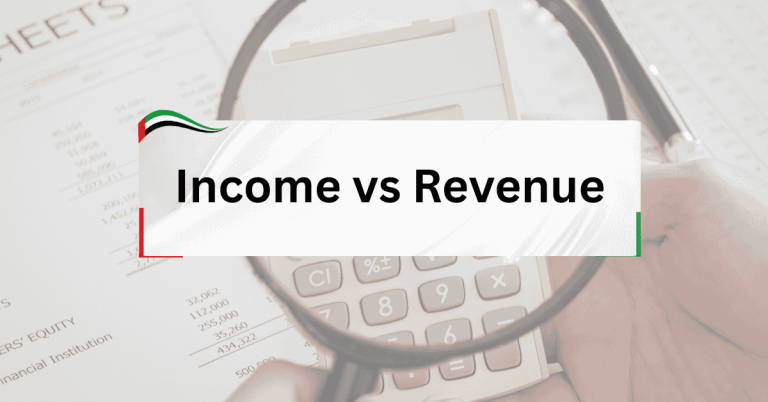Essential Legal Documents to Start a Business in the UAE
Essential Legal Documents to Start a Business in the UAE. Beginning a company in the United Arab Emirates is among the most lucrative activities any businessperson might engage in. The United Arab Emirates has evolved into a world centre for trade and innovation because of its advantageous position, favourable tax rules, and expanding economy. Every entrepreneur has to know and abide by the necessary paperwork process; however, if they want to run profitably within the legal system of the nation.
Organisational Structure of the UAE Business
Before you compile your papers, you must first decide which kind of company structure best meets your needs. The UAE has three main business areas: Mainland, Free Zone, and Offshore. Each one has its own set of rules and paperwork that needs to be done.
Mainland Companies let you work everywhere in the UAE. There are no limits on direct trade with regional and global customers. In every emirate, the Department of Economic Development (DED) oversees these organisations.
Free Zone Companies are perfect for companies that concentrate on certain sectors like technology, media, or logistics or on overseas trade. Tax breaks, simple processes, and 100% foreign ownership are free zone benefits.
Offshore, Most of the time, businesses are used to protect assets, hold companies, or conduct international business. Though they are great for controlling foreign company operations, they cannot trade straight on the UAE market.
Official Name Certificate of Registration
Obtaining your Trade Name Registration Certificate is among the first and most important stages in starting a UAE company. Your trade name embodies your brand identity and should be distinctive, suitable, and in line with UAE naming rules.
While Free Zone authorities handle trade name clearances inside their boundaries, the Department of Economic Development (DED) manages them for Mainland companies. Choose a name free of political phrases, religious allusions, or any words considered objectionable.
Original Permission Certificate
The first approval certificate is how the government lets you know you are clear to move forward with your company’s establishment. It basically implies the UAE authorities find your ownership structure or company activity unproblematic.
You have to submit:
Finished the application form.
Passports for managers and all shareholders.
Your permitted business name certification.
An outline of a business operation.
Application for Business License
Applying for a Business License is the next big action after you have finished your trade name registration, obtained first approval, and written your MOA or LSA agreement. The government’s approval that lets your firm run legitimately in the UAE is mostly what this license grants. You cannot operate any business, hire workers, or even open a bank account without it.
In the UAE, three primary categories of company licenses exist:
Commercial Licence – Companies involved in trading or general commercial activity.
For industrial or manufacturing businesses.
Professional Certification – For people or companies that offer design, education, or consulting services.
Lease Agreement/Tenancy Contract (Ejari)
Every firm working in the UAE has to have a physical address; to show this, you need a Lease Agreement or Tenancy Contract. The Real Estate Regulatory Agency (RERA) oversees the internet system Ejari, which guarantees openness between renters and landlords, so this agreement has to be recorded there.
Significance of Ejari Registration:
Registration in Ejari is a legal necessity, not merely a formality. Without it, you cannot complete some government transactions or get your company license. It verifies the legitimacy and location of your business.
Shareholder and Partner Contracts
For any company with several owners, a shareholder or partner agreement is among the most crucial documents to start a business It serves as a defence against potential conflicts or misunderstandings by clearly defining the rights, responsibilities, and duties of every partner or shareholder.
Important Components of a Shareholder Agreement Are:
Every shareholder’s holdings are counted in shares.
Decision-making abilities and voting rights.
Policies governing dividend disbursement.
Withdrawal strategies or purchase clauses.
Ways of resolving conflicts.
Labour Approvals and Employment Contracts
The next step is hiring staff once your company is registered and licensed. Legally doing so requires adherence to UAE labour regulations, as well as in place appropriate employment contracts and labour clearances.
While Free Zones have their own authorities handling labour issues, the UAE Ministry of Human Resources and Emiratisation (MOHRE) supervises all employment-related procedures for Mainland businesses.
VAT Registration and Tax Records
For firms running in the UAE, VAT registration and compliance have grown crucial since the 2018 Value Added Tax (VAT) introduction. If your yearly revenue surpasses AED 375,000, the Federal Tax Authority (FTA) requires you to register for VAT by law. Though your income may be less than this limit, voluntary registration is advised to increase credibility and enable input tax recovery.
Conclusion
Setting up a business in the UAE is a great chance, but it needs a lot of planning in terms of legal and paperwork. From trade name registration and MOA drafting to VAT compliance and IP protection, every document is essential to guarantee the legal and smooth running of your company. Knowing these legal obligations not only saves you from fines but also provides your company with a firm base for expansion and investor appeal.

FAQs About Legal Documents to Start a Business in the UAE
Read more: Essential Legal Documents to Start a Business in the UAE1- Business Setup in Dubai – Start Your Dream Business with Ease









